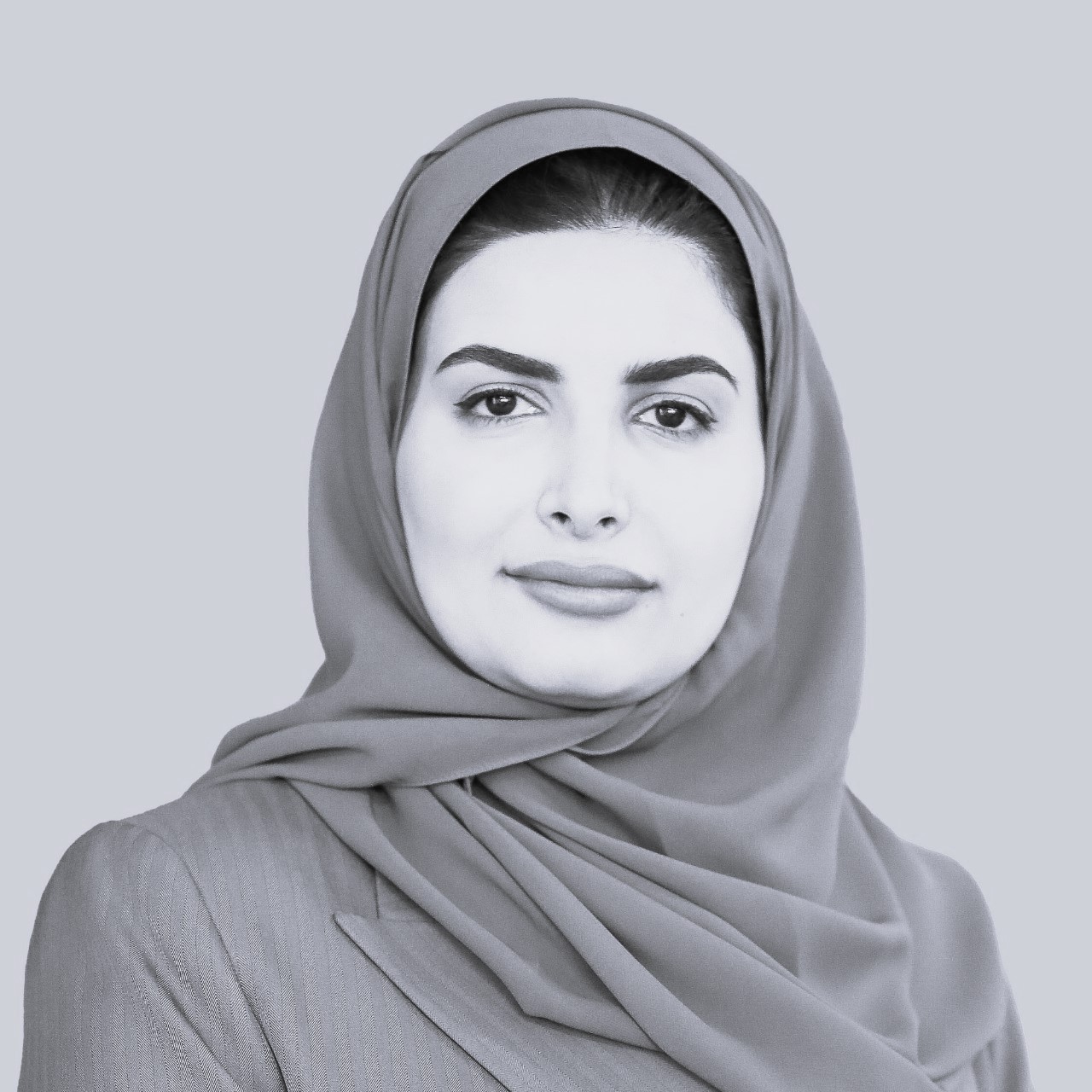One of the GCC objectives is “to deepen and strengthen relations, links and areas of cooperation now prevailing between their peoples in various fields [and] to formulate similar regulations in various fields.” Intellectual property (IP) is an important area of commercial and trade activity that the GCC needs to handle as a union. The GCC needs to review its current regulations and laws to ensure harmony with member states’ laws as well as to meet its objectives and aspirations in respect of Gulf IP. It also needs to formulate new laws and regulations in respect of fields of IP that are still unprotected in the Gulf region, such as regional and member state geographical indications and traditional knowledge and cultural heritage. The World Trade Organization’s Agreement on Trade-Related Aspects of Intellectual Property Rights (TRIPS Agreement) of 1995 recognizes a number of key areas of IP rights, namely, copyright and related rights, trademarks, geographical indications, industrial designs, patents, layout designs of integrated circuits, undisclosed information and control of anti-competitive practices. Four of those areas are of particular concern 2 and interest to the Gulf States and the workshop proposes to focus on them, namely patents, trademarks, copyright in the digital environment, and geographical indications. These fields are of key importance for the economic and cultural development of the Arab states. First, in respect of patents and inventions, the GCC has established a regional Patents Office that receives and examines patents applications and eventually grants protection in all GCC member states when an application matches the listed requirements of originality, novelty, and inventive step. However, the process of examining the invention and granting approval may take at least a year and often much longer, an inordinately long time. Some inventions need to be in the market immediately. As a result, GCC citizens commonly ignore filing and sell their inventions to big companies, generally to their disadvantage. The inventors see their goals as manufacturing their inventions and earning money; wasting time on applications is not an option many inventors like to take. This results in the inventor and the invention being left unprotected against patent trolls and infringers. Second, in respect of trademarks and international business transactions, the GCC has enacted a Unified Trademark Law and a Commercial Transactions Regulation. Unfortunately, the GCC trademark law does not provide for a unified filing procedure; accordingly, citizens are forced to file separately in all of the six GCC member states in order to obtain protection for their trademarks. Therefore, the GCC needs to create an office with which citizens can file a one-time registration and get protection for their trademarks in all the member states. This would have a positive impact on the business and trade with other countries – particularly when the GCC citizen exports his product. Third, in respect of copyright in the digital environment, the GCC recently enacted a Unified Cybercrime Law. Yet, this law needs to be approved and adopted by the member states. The articles of this law list illegal acts and sanctions but it does not provide protection for the right holder. It does not protect copyright in the digital context, it only covers criminal actions that took place in the Internet, forgetting that protecting copyright goes beyond that. The law needs to be examined and discussed in a context such as the GRM. Lastly, the GCC is not giving adequate attention to an important area of IP that has a great impact on international commerce, and on the local industry in a member state, namely cultural heritage and the geographical indications (GIs) that can develop from such heritage. It is well known that the Gulf States have rich GIs but they are not protected locally or regionally. Having the GCC enact a law that protects GIs in the 3 region can contribute to enhancing export of local products to the world, protecting the Gulf’s history and resources and preserving the traditional knowledge of the region.
3 DAYS / 12 Workshops
MORE THAN 300 ACADEMIC PAPERS
Objectives of the Workshop
The objectives and scope of the workshop include the following:
- Raise awareness of IP rights generally, and especially within the four key areas detailed
in Section 1, and strengthen their enforcement in the Arabian Gulf region
- Discuss and make recommendations on current GCC laws concerning IP that the
workshop considers would benefit from modification
- Suggest laws and regulations that have an impact on inventions, technology, and
sciences.
- Focus on trademarks and patents as key tools in international commerce
- Highlight importance of geographical indications protection for the protection of local
and regional cultural heritage industries and products.
- Propose ideas and recommendations for the unification of IP laws and policies in the
GCC member states.
Forums such as the GRMcould serve as a forum to examine proposals for enacting
unified laws in regard to IP in the context of international business and technology. The
workshop will highlight the challenges the GCC states face in becoming a real union with
one set of laws and regulations. Finally, the workshop will provide applicable solutions to
eliminate issues relating to the protection and enforcement of IP in all the member states.
Contribution to the Expansion of Gulf Studies
The workshop will contribute to the expansion of Gulf Studies by providing a forum for
discussion and analysis of the current GCC and member state laws and regulations in
regard to IP protection and its enforcement. The workshop will examine whether both
GCC laws and regulations and the local laws of the member states need to be revised,
4
especially since some of these laws are now somewhat outdated and out of step with
current international standards.
Provision of adequate standards of protection in all IP fields will have an enormous
impact on regional and local economies, technology and its transfer, and creativity and
inventions. The key factor is to enforce IP laws in each GCC country.
Furthermore, the GCC states must start working as one country in regard to international
commerce. Strengthening laws and creating offices in the GCC can shrink the gap
between local businesses and international businesses. The workshop will give
recommendations and suggestions to expand and protect IP in the region.

